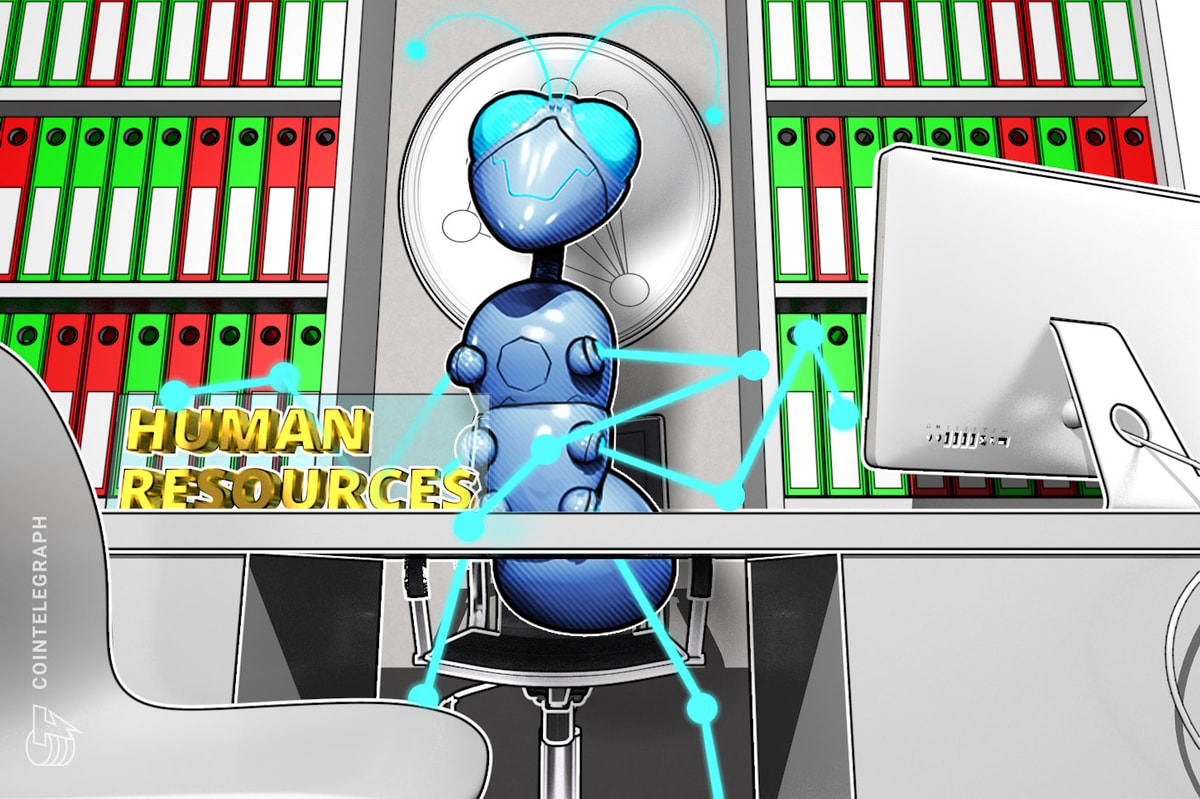Opinion of: Ignacio Palomera, co -founder and CEO of Bandex
The global hiring panorama is changing quickly. Today’s employment applicants are increasingly resorting to the generative AI to write presentation letters, resume custom and even simulate the preparation of the interview.
The AI of Agentic is an automatic application, AI generative is writing personalized applications on scale, and automatic AI application tools allow candidates to apply to thousands of roles in minutes. Employers are flooded with applications that are polished, persuasive and personalized, but often lack a real sign of effort, capacity or authenticity.
When someone can expel a polished and high quality application with only a few indications of AI, the traditional presentation letter, once seen as an opportunity to highlight and show real intention, it becomes a merchandise. It stops the signaling effort or enthusiasm and begins to resemble the standardized exit.
The hiring managers now look at the input trays full of elegant and personalized applications that feel strangely similar. And that is where the real problem begins: if everyone sounds qualified on paper, how can you know who has the skills and know how to play a warning? It is not about who writes better, but who can demonstrate that they can deliver in the real world.
A fragile trust system worsens with AI
Traditional hiring has been based for a long time on signs based on trust, such as curriculum, references and titles, but these have always been weak representatives. Titles can inflate, exaggerated education and exaggerated past work. It blurs things even more, covering up non -verifiable claims in artificial eloquence.
For fast native industries such as cryptography or ecosystems of decentralized autonomous organization, bets are even higher, since there is rarely time for due deep diligence. Trust extends quickly already informally, risky in a pseudonym global environment. More human resources tools or AI detection will not solve this. What is needed is a more solid basis for trust itself.
It is time for verifiable reputation and use in the chain
Consider a hiring manager who tries to verify labor history, social mangoes or chain contributions.
Today, decentralized identity systems (DID) help you show that you are a true human, that you exist and that you are not a bot. That is useful, but it’s just the beginning.
What they do not address is the deepest layer: what have you really done? There is a new emerging border, one in which its professional history, credentials and contributions can be verified and portable. It is not just about verifying a box to prove that you exist. It is about coding your experience, so your reputation is based on what you have done, not only what you say.
Related: Blockchain needs regulation, scalability to close the IA hiring gap
In this model, your curriculum becomes a programmable asset. It is not a static PDF, but something that can evolve, be consulted and, in some cases, be verified privately without revealing every detail. That is where tools such as zero knowledge tests enter, giving users control about how much they reveal who.
Some could argue that all this feels too invasive. In practice, however, and especially on web3, most serious taxpayers already operate through pseudonymal identities based on verifiable actions, not work titles. Dids took us to “real humans.” The verifiable reputation leads us to “real taxpayers.” And that is the fundamental change to which it is worth paying attention.
Of human resources filters at smart contract doors
As the reputation becomes programmable, the entire industries are remodeled. Subsidies, hiring rounds and even tokens sales could use probable credentials such as filters. No more guessing who is qualified or fulfilled. You cannot pretend a fused extraction application in a central repository or pretend that completed a course linked to a non -fungible token (NFT) issued by an intelligent contract.
This makes confidence composed, something that can be integrated into protocols and platforms by default. What is verifiable today includes contributions, learning history and verifiable credentials. Soon, whole work stories could be in the chain.
An update of trust for the hiring of the era of A-Ai-
The job application generated by AI is just a symptom of a bigger confidence breakdown. We have long accepted the non -verifiable self -report as the default value in hiring, and now we face the consequences. Blockchain -based identity and credentials offer a way forward, where people can prove that their work and hiring decisions can be based on verifiable data, not conjectures.
We need to stop pretending that polished language is equal to the skill test. If the hiring, and the broader reputation systems, survive the next wave of AI, we need to rebuild the basis of trust. Ochain credentials are a convincing place to begin.
Opinion of: Ignacio Palomera, co -founder and CEO of Bandex.
This article is for general information purposes and is not intended to be and should not be taken as legal or investment advice. The points of view, the thoughts and opinions expressed here are alone of the author and do not necessarily reflect or represent the opinions and opinions of Cointelegraph.


